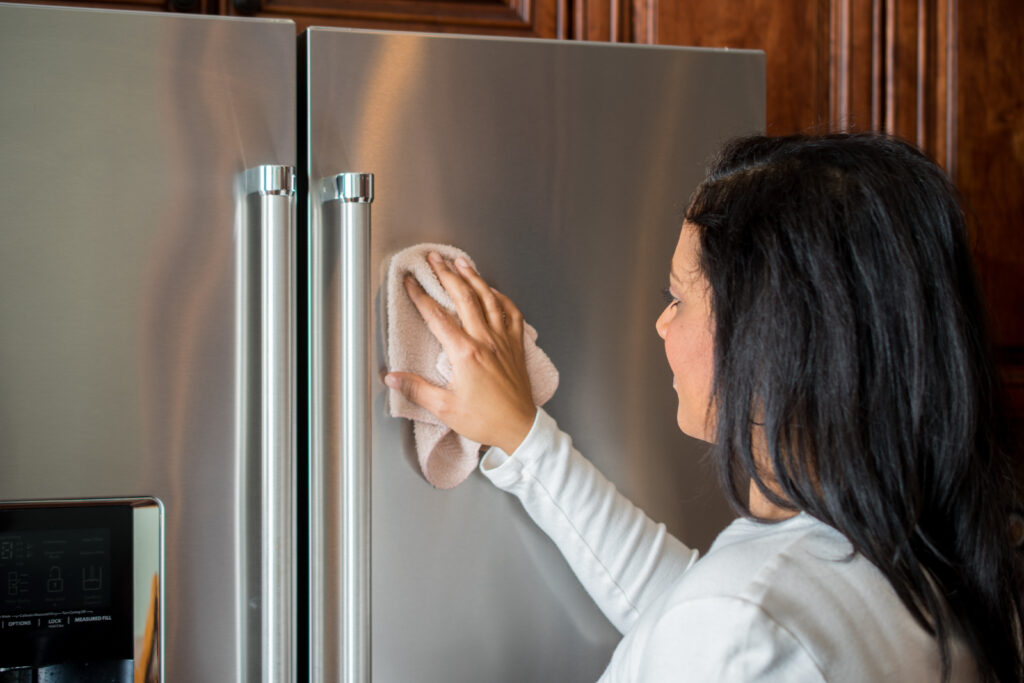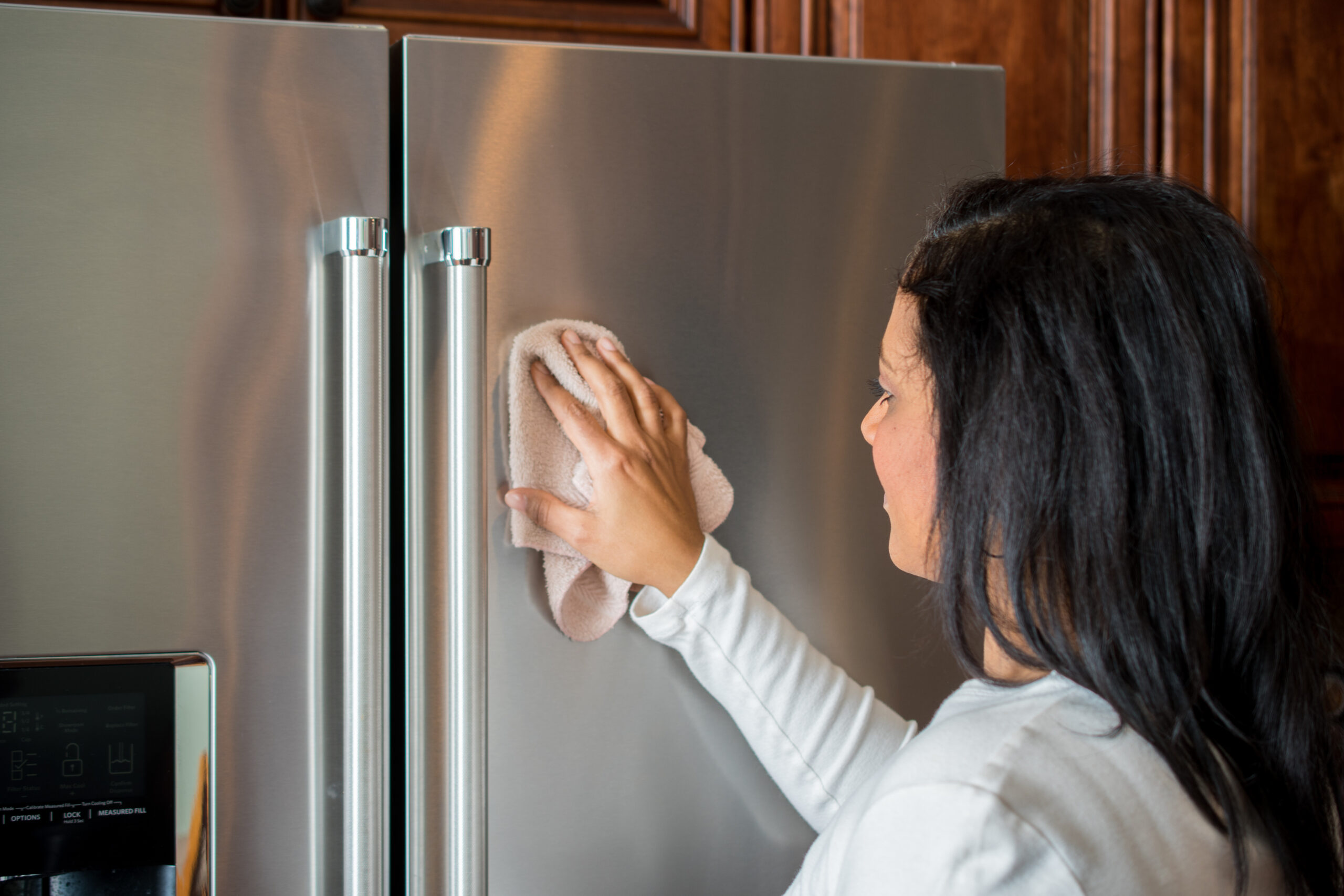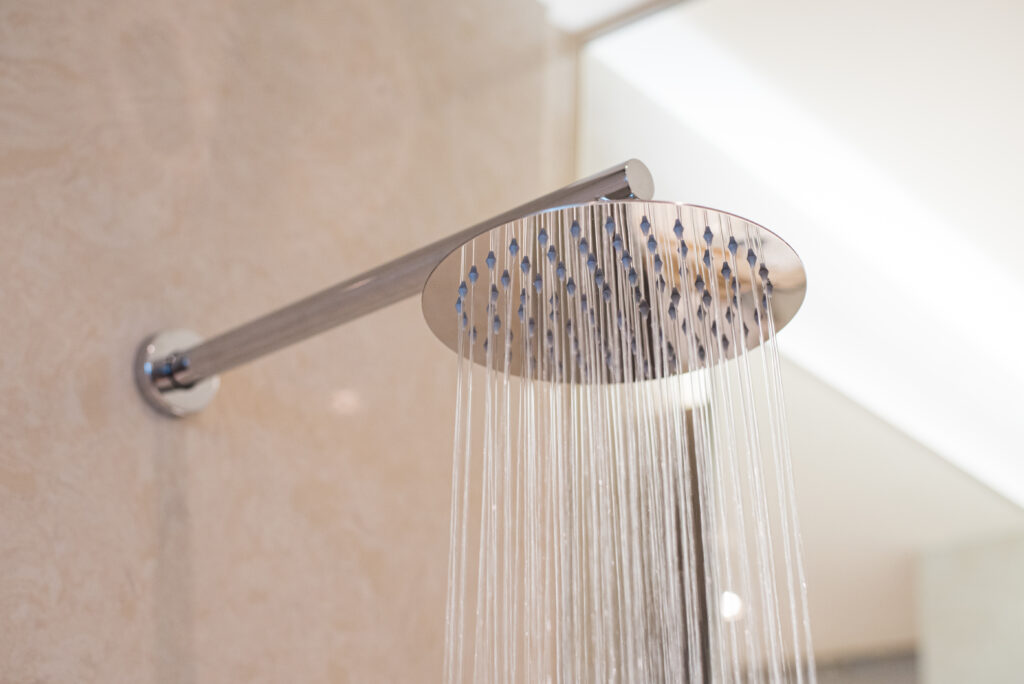How to Polish a Stainless Steel Fridge and Why It Matters for Your Home
Stainless steel refrigerators are a popular choice for modern kitchens, and yeah, it’s easy to see why. They look sleek, feel premium, and let’s be honest—they just make the whole kitchen feel more “put together.” But if you’ve owned one for more than a day, you already know the dirty truth. Fingerprints, smudges, and that mysterious streaky haze show up constantly, turning your shiny fridge into a smudge-covered mystery. Something that was supposed to upgrade your kitchen ends up looking… just meh. So here we are: how to polish a stainless steel fridge, what to use, what NOT to use, and how that ties back to your home warranty coverage (trust us—it’s all connected).
What Makes Stainless Steel Appliances So Special?
Before you break out the vinegar or start Googling steel-safe miracle sprays, let’s take a hot second to appreciate what stainless steel actually is and why it’s so widely used. Stainless steel appliances, especially refrigerators, are made from an iron-based alloy that includes chromium. Chromium is the magic ingredient—it reacts with oxygen to form a layer that protects against rust and corrosion. That “fingerprint magnet” finish that drives you a little bit nuts? That’s part of what gives stainless steel its appeal. It’s durable, it resists bacteria and mold, and it fits basically any kitchen design.
How a Stainless Steel Refrigerator Works for Your Home
Obviously, a fridge is a fridge—it keeps your food cold. But a stainless fridge adds more than fresh veggies and cold drinks. It has a bit of aesthetic authority. And because it’s highly resistant to rust and temperature changes, it’s a long-haul winner in terms of durability. That said, cosmetic damage like scratches, dullness, and stains can impact not just your experience, but the home’s resale value or your eligibility for certain types of warranty coverage. More on that in a sec.
DIY Stainless Steel Polishing: Tools and Tips
Okay, let’s get into the weeds. You’ve got that fridge that once sparkled like a mirror, and now? It looks like someone wiped maple syrup down the front with their sleeve. The good news? You don’t need anything fancy. First off, always—and I mean always—wipe with the grain. Stainless steel has a grain, kind of like wood. Wiping against it just redistributes the grime and can create subtle scratches. You’ll want a clean, dry microfiber cloth. Skip the paper towels; they can leave lint and streaks.
Your go-to lineup can be as simple as: warm water mixed with mild dish soap, vinegar diluted with water, or a commercial stainless steel cleaner approved for kitchen appliances. For polishing? A drop of mineral oil or baby oil on your cloth can bring back the shine. Just buff lightly and enjoy that satisfying glimmer.
Common Mistakes to Avoid When Polishing Stainless Steel
The mistakes homeowners make with stainless steel usually come from trying to cut corners—or panic-cleaning before guests arrive. It’s a fine line. Let’s start with the no-no’s: don’t use bleach, ammonia-based cleaners, or anything abrasive like scouring pads. These can destroy the protective chromium layer and make your fridge more susceptible to rust. Funny enough, even natural solutions like lemon juice can be too acidic and damage the surface over time. And yeah, if you have one of those stainless “look” finishes (which isn’t actually stainless steel), some of these tips won’t apply, and using polish could wreck it. Always double check your user manual or the sticker inside the fridge before going wild.
What Does This Have to Do with a Home Warranty?
This is where it all spins back, right? Cosmetic wear and tear isn’t usually covered in home warranties, and damage from improper cleaning? Definitely not. That’s considered homeowner neglect. So if you scrubbed off the protective surface and now your refrigerator door’s rusting? That’s on you. But if you’ve done things right—routine maintenance, cleaning with the right tools and solutions—and your fridge still conks out? That’s where a home warranty has your back.
Home warranties protect your home systems and appliances when standard breakdowns occur from everyday use. If your fridge stops cooling but you’ve cared for it responsibly, there’s a good chance coverage kicks in. Think of it like insurance for the stuff that keeps your house functional. By maintaining the cosmetic and mechanical performance of your fridge, you keep your warranty coverage clean and complication-free. And seriously, modern refrigerators? They’re packed with high-tech electronics and sensors. When something fails, it’s not cheap. So smart maintenance now can save hundreds (or thousands) later.
Signs Your Stainless Steel Fridge Needs More Than Just a Polish
You can only polish your way out of so many problems. If your fridge has deeper issues like inconsistent temperature, noisy operation, unexplained frost buildup, or water leakage—you’ve got bigger fish to fry. That’s when professional repair or even replacement comes into play. Aesthetics are important, sure, but operational functionality is where a home warranty becomes a very worthwhile safety net. And here’s a little side note: some warranties won’t repair cosmetic damage but will replace components if it’s impacting appliance operation. Another reason why documenting how you maintain your appliances comes in handy.
Give Your Appliances—and Wallet—Some Backup with Armadillo
Remember how we started with fingerprint smudges and now we’re talking warranty coverage? Yeah, it’s all connected. Keeping appliances like your stainless steel fridge in good shape isn’t just about daily sparkle—it’s about long-term functionality, home value, and avoiding repair-budget meltdowns. That’s where Armadillo thrives. We make it simple to protect the systems and appliances that keep your house running smoothly, without the small print nightmares or phone tag frustration. You can learn more at our main site, or if you’re ready to build a plan that suits your home? Head directly to our sign-up page here. You’ve got better things to do than worry about a broken fridge—like figuring out what to make for dinner tonight.


























